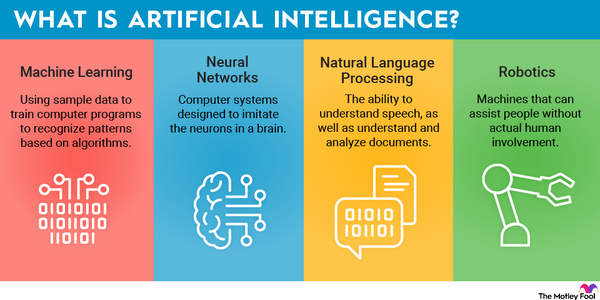
119
FollowOverview
-
Founded Date julio 20, 1951
-
Sectors Ingeniería en Sistemas Biológicos
-
Posted Jobs 0
-
Viewed 3
Company Description
OpenAI Co-founder Sutskever’s SSI in Speak with be Valued At $20 Bln,

SSI in talk with raise funding at $20 billion appraisal, up from $5 billion last September

SSI concentrates on ‘safe superintelligence’ without any income yet

Sutskever’s track record and SSI’s special approach pique investor interest
By Kenrick Cai, Krystal Hu and Anna Tong
Feb 7 (Reuters) – Safe Superintelligence, an expert system startup co-founded by OpenAI’s former chief researcher Ilya Sutskever last year, remains in talks to raise funding at an appraisal of at least $20 billion, 4 sources informed Reuters.
That would quadruple the business’s $5 billion appraisal from its last funding round in September, when it raised $1 billion from 5 financiers including Sequoia Capital, Andreessen Horowitz, and DST Global.
SSI’s fundraising checks the ability of prominent AI ventures to continue to command premium appraisals following an industry-wide reappraisal triggered by Chinese start-up DeepSeek’s unveiling of its low-priced AI last month.
SSI, which has actually not any income, has said its mission is to establish “safe superintelligence” that is smarter than people while aligned with human interests.
The business’s discussions with existing and new financiers are still in the early stages and terms could still change, the sources said today, who requested privacy to go over personal matters. It was not clear how much money SSI was looking for to raise.
SSI, which was founded in June with offices in Palo Alto and Tel Aviv, did not react to ask for comment. Sutskever’s co-founders are Daniel Gross, who formerly led AI efforts at Apple, and Daniel Levy, a previous OpenAI researcher.

SECRETIVE STARTUP
Beyond the cursory explanation of the business’s goals for safe AI, not much is known about the deceptive startup or bybio.co its work. What has actually sustained interest among investors is Sutskever’s reputation and the novel approach he has said his group is dealing with.
In AI circles, he is a legend for his contributions to breakthroughs that underpin the investment frenzy in generative AI. He was an early advocate of scaling, which suggests dedicating vast amounts of calculating power and information to refining AI designs.
That concept was the foundation that caused generative AI advances like OpenAI’s ChatGPT, setting the course for a wave of tens of billions of dollars in financial investment in chips, farmwoo.com data centers and energy.
Sutskever was also early in seeing the prospective ceiling of such a method due to the diminishing pool of available data to train designs. Recognizing the importance of putting in resources in the reasoning stage, or the phase of AI when a trained model reasons, he founded the team that dealt with what would become OpenAI’s latest series of reasoning designs, setting a new research direction that has been commonly followed.
Explaining to financiers not to anticipate short-term windfalls, SSI has said it means to “scale in peace” by insulating its progress from short-term industrial pressures.
This sets it apart from other AI labs, consisting of OpenAI which began as a nonprofit but shifted focus to commercial products after ChatGPT all of a sudden removed in 2022. It created almost $4 billion in earnings last year and projection $11.6 billion in earnings this year.
Little is openly learnt about SSI’s method. In a Reuters interview last year Sutskever, 38, said SSI was pursuing a brand-new research instructions, calling it “a brand-new mountain to climb”, however shared few other details.
Fundraising for the so-called foundation design companies revealed no signs of slowing down. OpenAI remains in speak to double its appraisal to $300 billion, while rival Anthropic is settling a financing round that would value it at $60 billion.
Still, financiers deal with fresh questions about their outsized bet with the disruption from Chinese startup DeepSeek, which developed open-source designs that rivaled the top U.S. AI designs at a fraction of the expense.
The appeal of DeepSeek knocked almost $600 billion off Nvidia’s market capitalization in late January. But it has not prevented big tech from raking ever higher financial investment in their AI infrastructures this year, according to recent profits statements.
(Reporting by Krystal Hu in New York, Kenrick Cai and Anna Tong in San Francisco; editing by Kenneth Li and Nia Williams)


